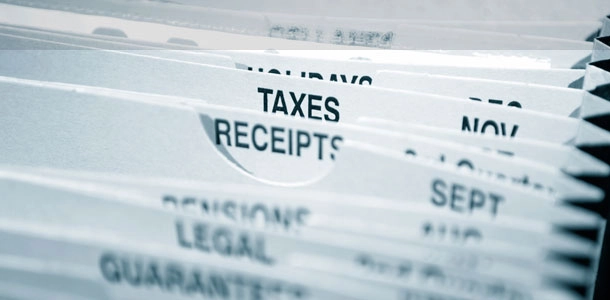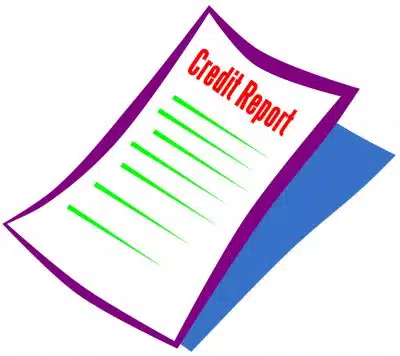Because a person is in debt doesn’t mean that their creditors are free to harass them. Should your creditors start harassing you by making threats through phone calls or letters you should remember you have rights that protect your interests.

If the caller is mistaken about a debt it may be good to talk to the collector, especially if you don’t really owe the amount claimed. You must be guarded about what you say. Indicate that you are not extending authority to record any calls or conversations. If you have reason to believe the debt is no longer enforceable, do not represent an intention to pay if you are not sure whether a court would find you obligated to pay on the debt.
You can tell collectors to stop contacting you. You should send the collector a cease and desist letter and mail it to the collector via certified mail. Make sure you keep a copy of what was sent. A cease and desist letter should be brief and you should avoid discussing the merits of the claim any creditor may have against you. Keep a detailed log of your interactions with bill collectors. Take an affirmative position with them by finding out the name of who your talking with, the name of their supervisor, the name with the address of their business and the name of the original creditor for the debt they’re claiming you owe.
If you provide a bill collector with written notice and they continue to harass you then you may consider filing a civil claim against the collector. The Fair Debt Collections Practices Act is a federal law designed to protect consumers from unfair and abusive behavior by bill collectors. You would be well advised to discuss these issues directly with your attorney. You may also file complaints regarding the practices of a bill collector with the Consumer Financial Protection Bureau.






